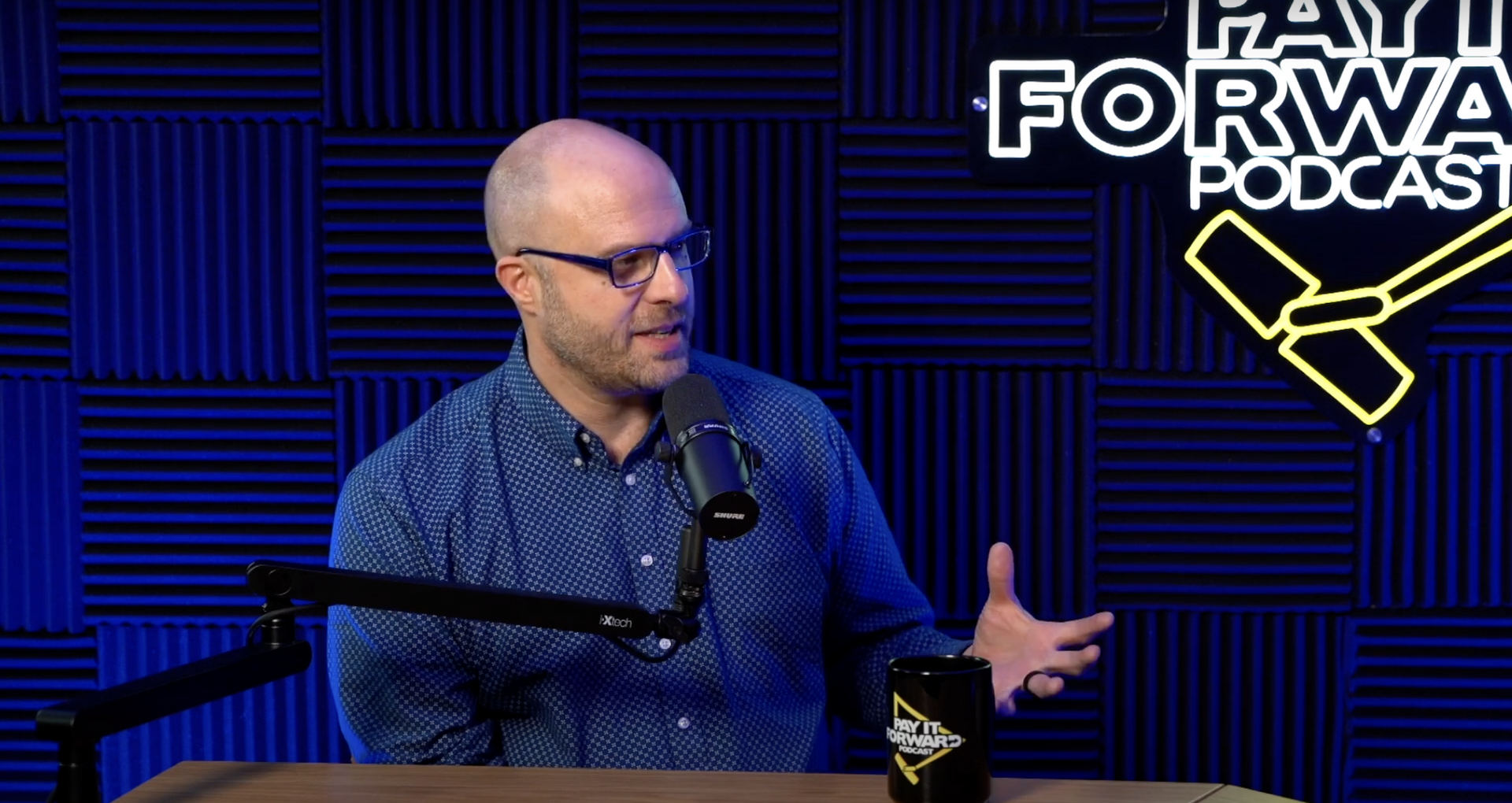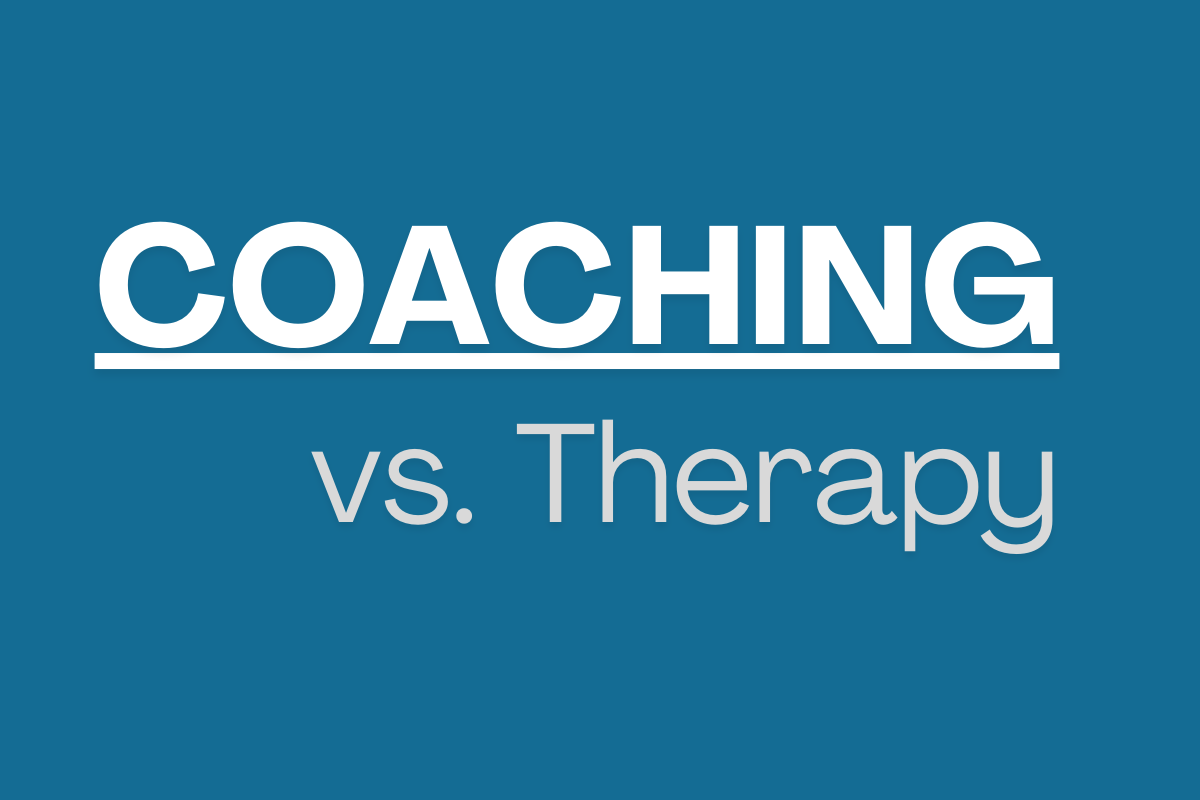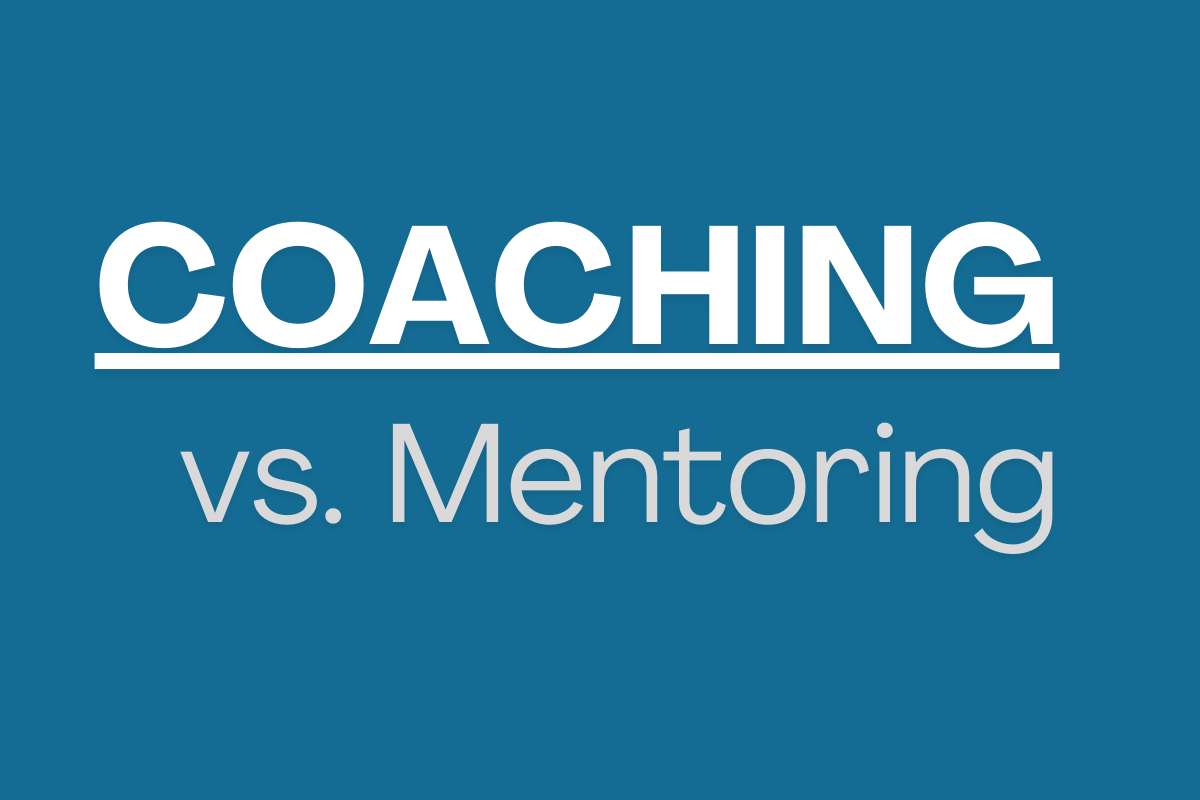Lonely at the Top? It Doesn’t Have to Be.

A CEO once shared with me the stress he was feeling. He said, “Tonight, 483 souls will eat food paid for from salaries provided by my company. If I mess up, people’s lives are significantly changed.” When you put it that way, that other people’s lives rely on your company, you can see why people in executive leadership positions feel pressure. But if you dig down, what they really might be feeling is isolation.
The responsibility of leadership can be extremely lonely. The pressures of decision-making, hiring and firing, team dynamics, and changing markets are only some of the burdens a CEO carries. Their isolation can lead to burnout and depression.
At the end of the day, where do the CEOs find support?
They can’t always talk to their managers; some of them might be the problem. Given the power dynamic, they can’t really talk to their employees. They can’t keep talking to their families, who may be tired of hearing about it.
Isolation and loneliness are real. But there is a stigma attached to these feelings. Usually, they are disregarded or simply dismissed. Is it lonely at the top? For the vast majority, yes. Does it have to be? No.
If you’re feeling that stress, burnout, or isolation, there are solutions. And quitting your job does not have to be one of them. Here are three better suggestions:
Acknowledge Your Feelings
Because most executives don’t talk about this topic, it may feel as if you’re the only one experiencing it. But according to the
Harvard Business Review, “half of CEOs express feelings of loneliness” (7 July 2018). That was before the pandemic. I would venture a guess that this percentage is higher today. Still, until you acknowledge there’s a problem, you can’t address it.
Invest in Executive Leadership Coaching
Investing in Executive Leadership Coaching is a growing trend, and for good reason. “A Metrix Global study found that executive coaching has a 788% return on investment (ROI)!” (Source: Matuson, Roberta. “Is Executive Coaching Really Worth the Money?”
Forbes. 27 July 2023.)
What does it look like if the CEO has someone on the outside that they can talk to? The benefits of coaching are well-documented. Among the numerous benefits, CEOs gain improved productivity, leadership performance, and mental health. They also see an increase in motivation and learn a better work/life balance. They don’t feel so … isolated.
Change the Climate of Your Organization
CEOs can’t have a bad day because it will affect the entire organization. And if leadership struggles, it will affect the employees. But if leadership gets support, it will help the organization to thrive.
And if you want to strengthen the company’s culture, once again, it starts by supporting executive leadership. Coaching helps CEOs build a climate with better communication, clearer goals, and trust in the employees. A thriving workplace benefits everyone, and in the end, will reduce the stress on your top leadership.
Like I said, it’s lonely at the top, but it doesn’t have to be. If you’re ready to take the next step in executive coaching, contact
www.vibrancyunlocked.com. We’re coaching and supporting CEOs (and organizations) to thrive.












